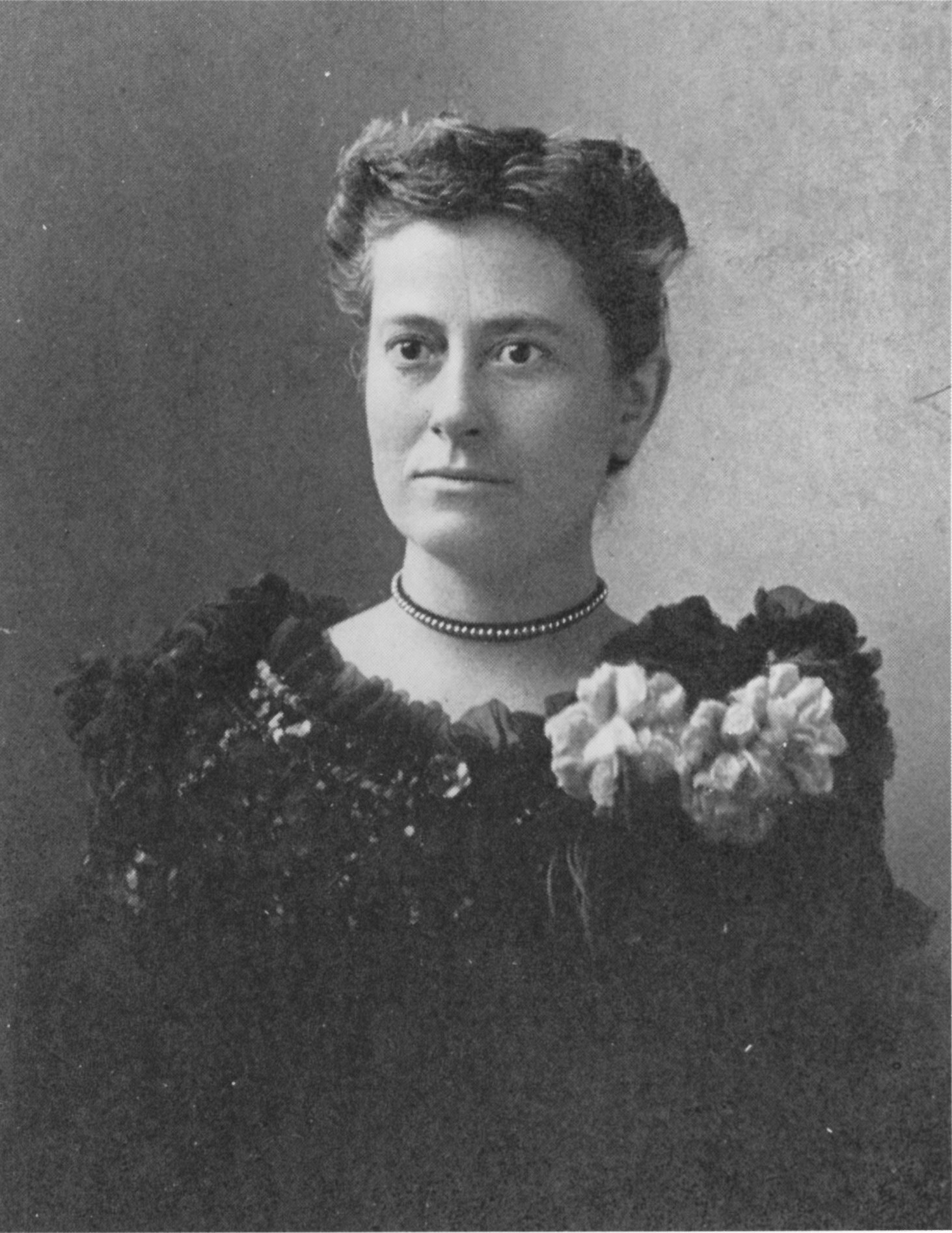MargaritaMc wrote:
In the year that I was
born, Vera Rubin was refused entry to Princeton.
The bar on women entering Princeton (
or at least its astronomy program - I know nothing more about the university other than it is 'prestigious')
was not lifted until 1975 the year when I was awarded my Master of Arts degree 
Until I read this article, which was simply read in the course of my exploring Dark Matter
(the existence of which Rubin established in the 1970s...), I simply
assumed that, in the 'West', academic discrimination against women was not something that had featured in my lifetime. Which is why I was so shocked.
And, because I am a supporter of
Malala Yousafzai, the right of women and girls freely to be educated is something that I realise is NOT a closed issue.
Margarita
This is all depressingly true, Margarita.
A friend of mine is an amazing collector of books. Visiting his and his partner Eva's apartment is like entering a mysterious maze of books, cats (there are four of them), odd pieces of knight's armors, old sabers and little this-and-thats from various parts of the world.
So he owns this amazing collection of books, many of them hundreds of years old. Among them are yearbooks describing life in Sweden, the oldest from the 18th century. As I was leafing through one of these very old tomes, I came across a reprinted 18th century newspaper article about a
fifteen-year-old German duchess who was shipped over to Sweden
to get married to the circa 35-year-old Swedish king!!!! And the reporter who wrote the article complained that the duchess seemed so childish, blowing soap bubbles and dangling her legs and giggling and what not on the journey across the Baltic Sea over to Sweden!!!
But in a way it was even more depressing to leaf through a volume describing life in Sweden between 1918 and circa 1925. In 1919, women in Sweden got the right to vote. I decided I would read what the contemporary newspapers wrote about this important breakthrough for equal rights between men and women. I turned page after page, but I couldn't find even a mention of this historical legal breakthrough, much less a comment on it. So I started from the beginning again, turning page after page, reading slowly and carefully. Finally I found it. It was a tiny news item, with a headline which read something like "The proposal from the (parliament? one of the political parties? Attorney General?) was accepted". The "proposal", of course, was to give women the right to vote. This legal breakthrough was treated like something that was so unimportant and even perhaps ill-advised that it was best to ignore it altogether and hope it would sort of go away.
1919 isn't that long ago, less than a hundred years ago.
Ann
. (That policy was not abandoned until 1975.

) Undaunted, Rubin applied to Cornell, where she studied physics under Philip Morrison, Richard Feynman, and Hans Bethe. She then went on to Georgetown University, where she earned her Ph.D. in 1954 (under George Gamow, who was nearby at George Washington University).





